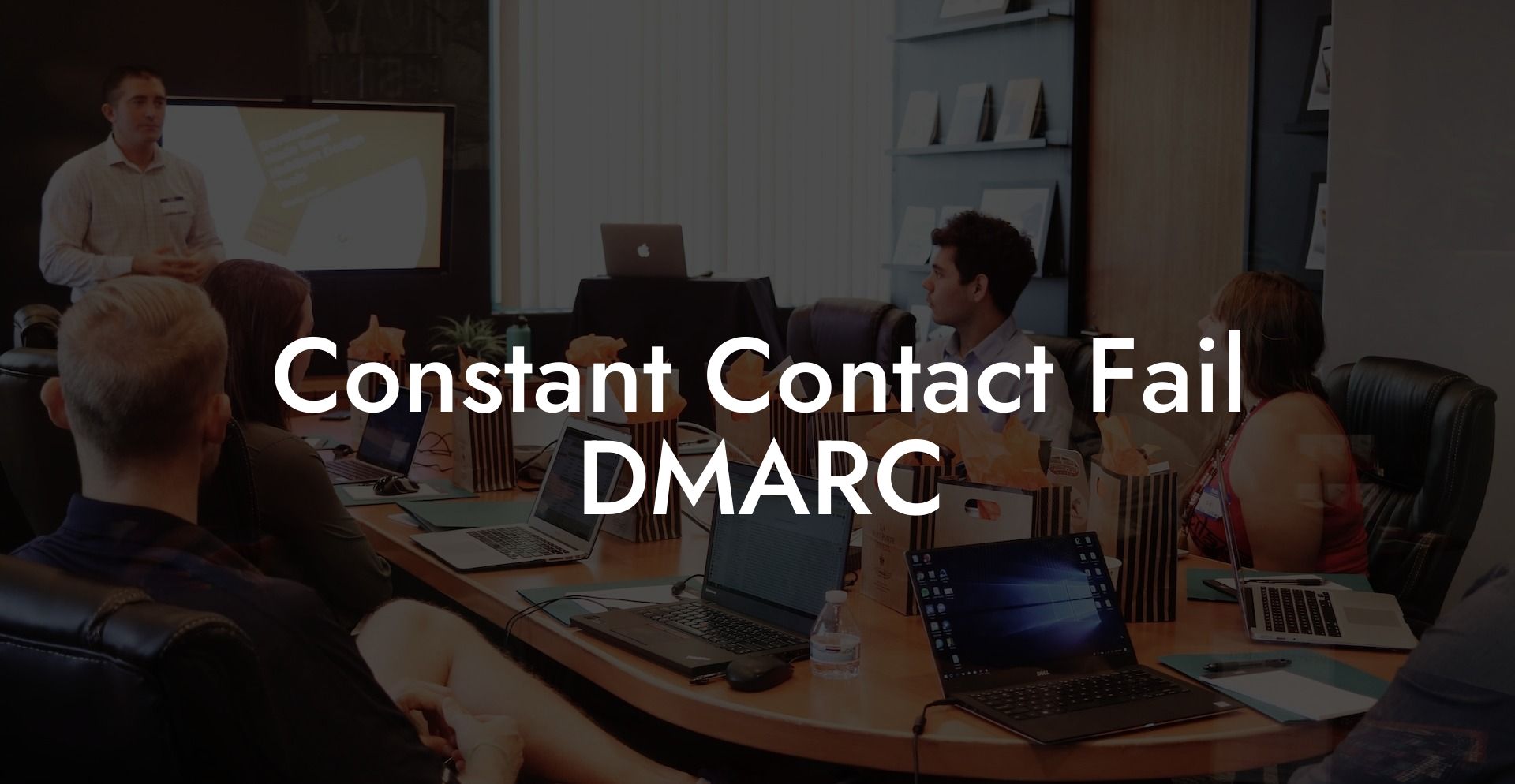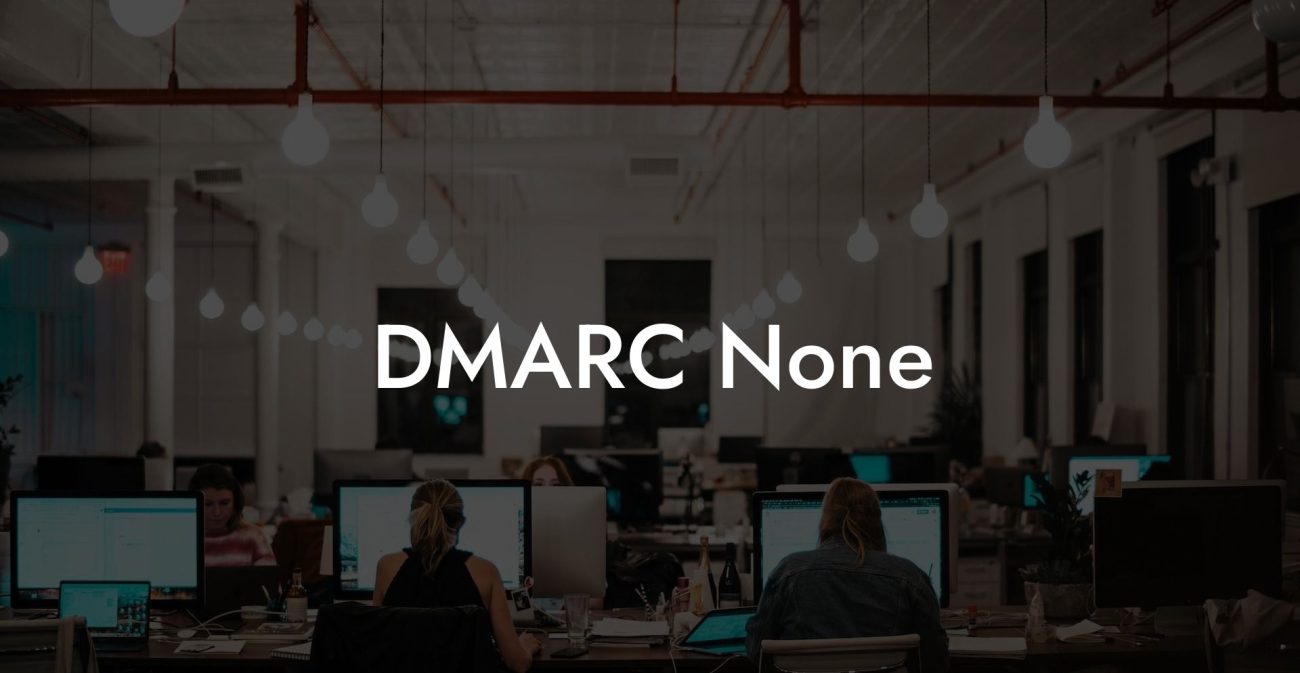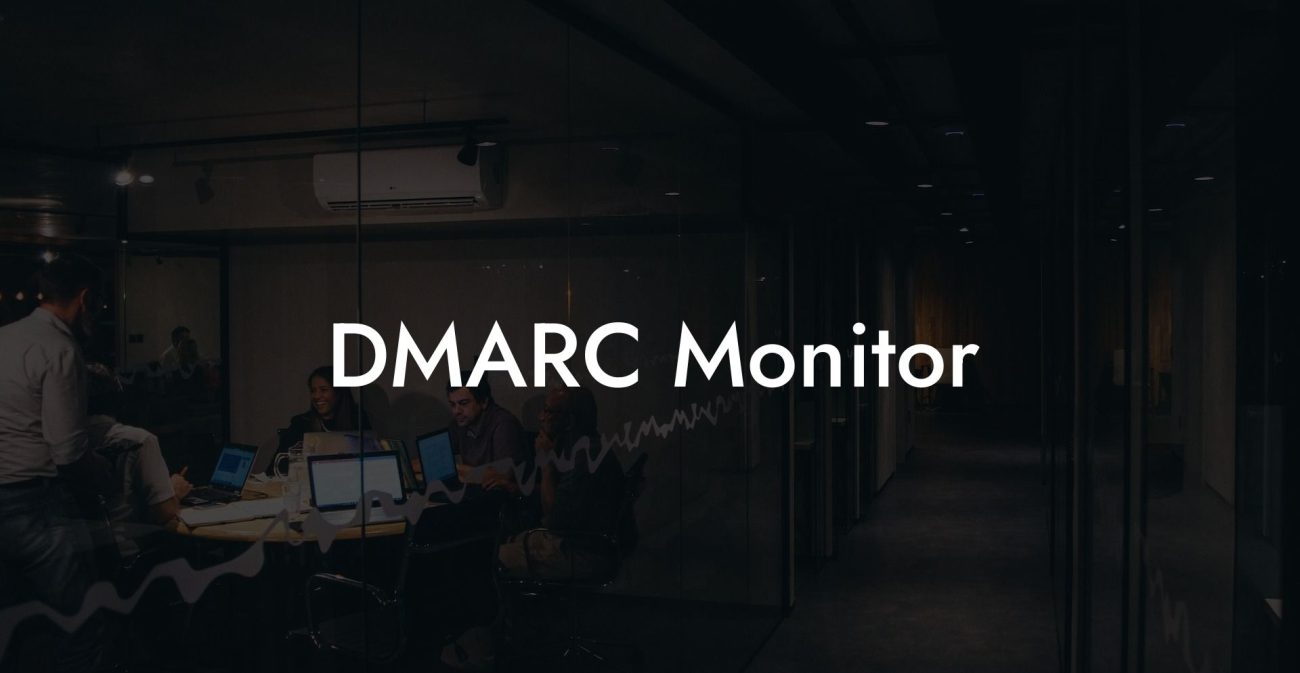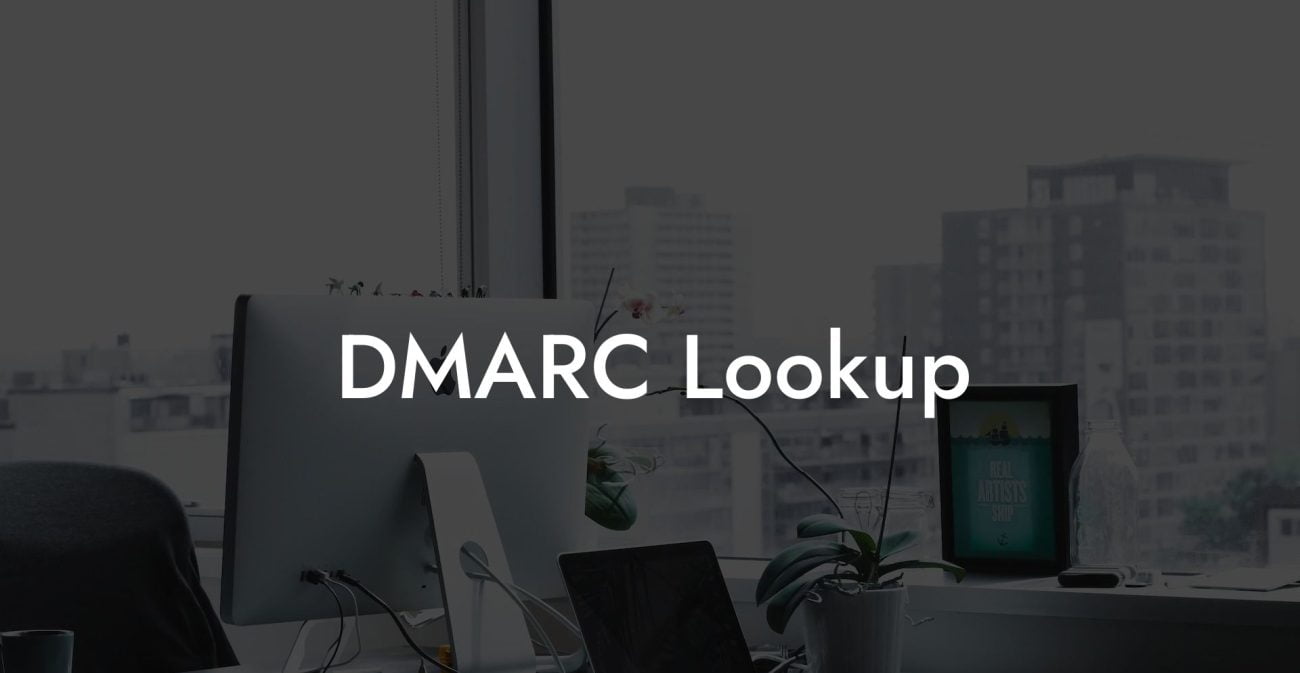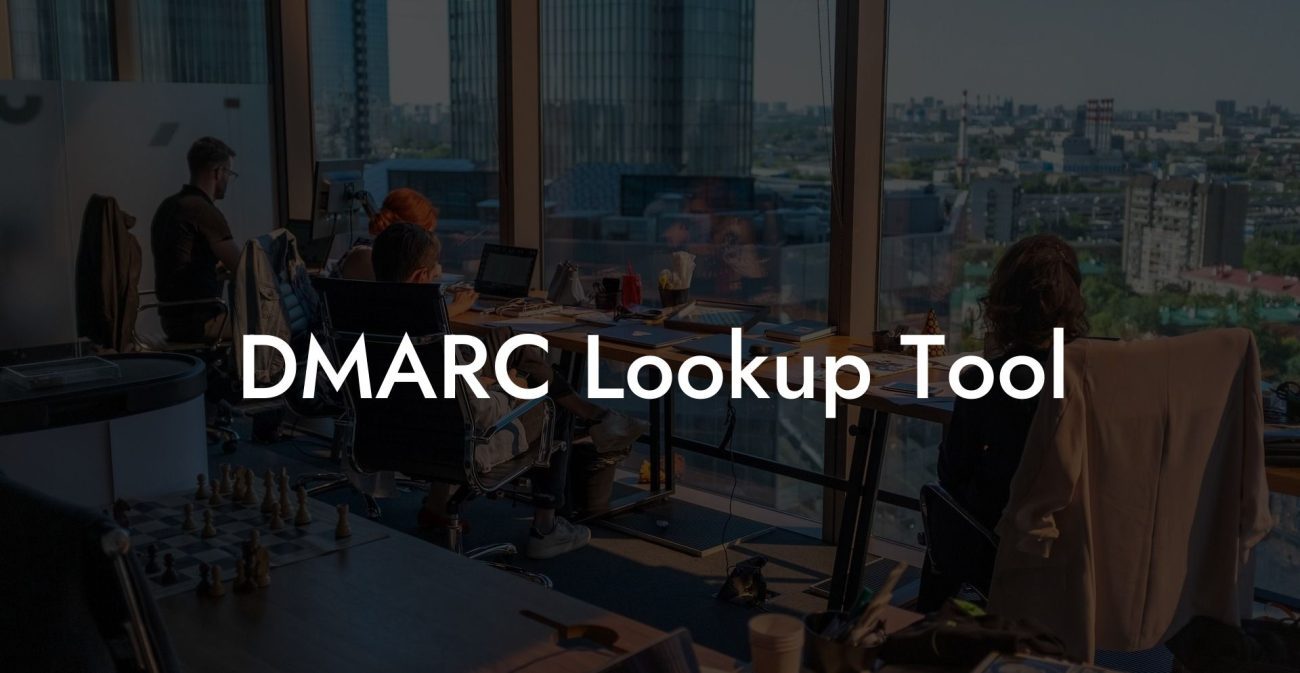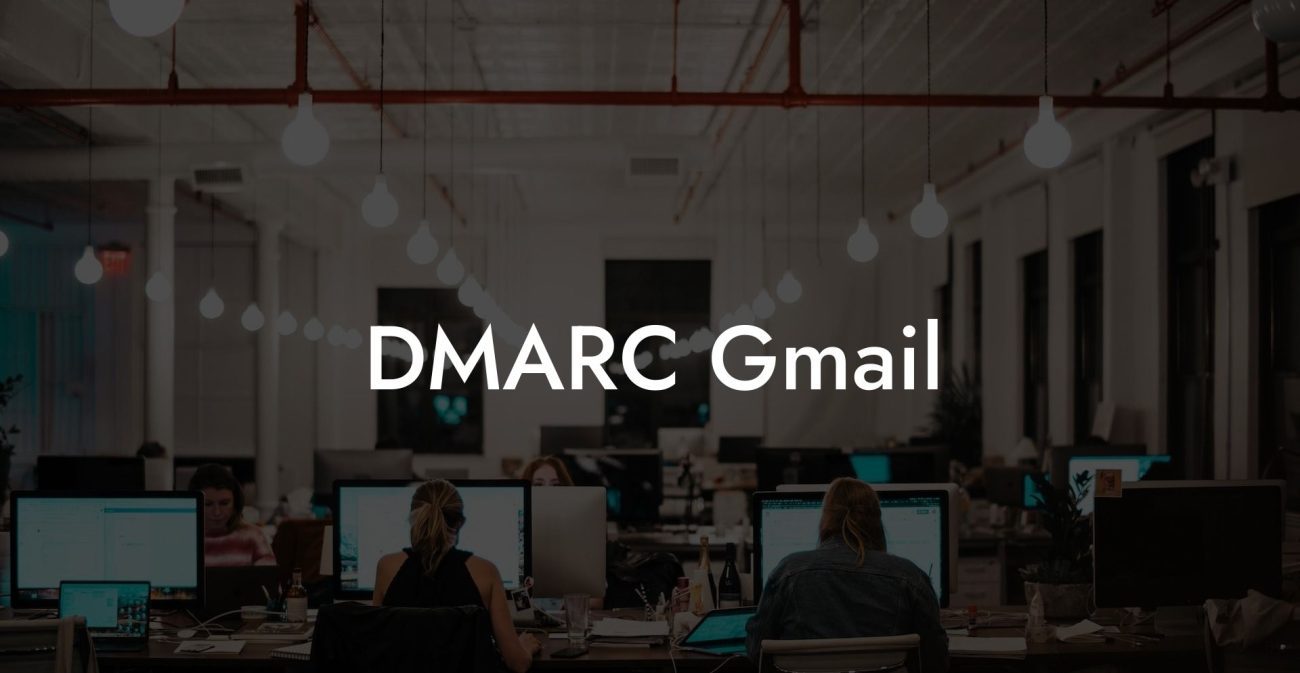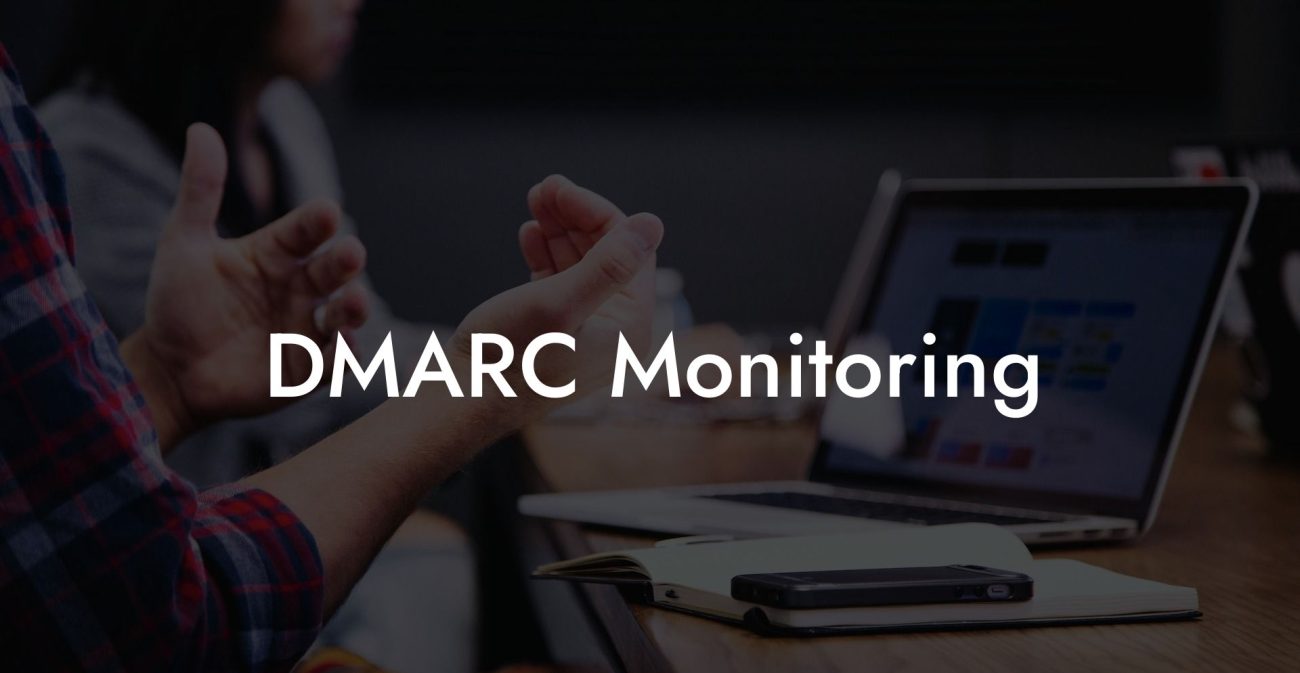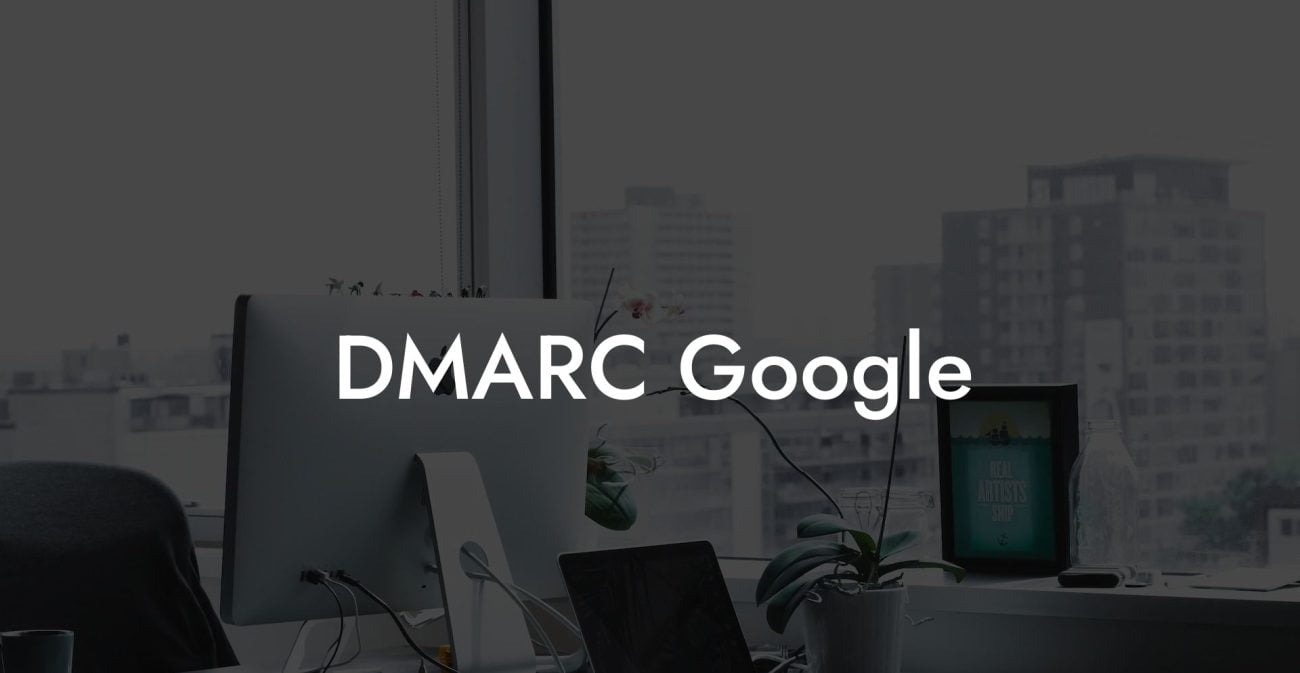In the constantly evolving world of cybersecurity, it's crucial to stay ahead of potential threats. One such threat that has gained significant attention in recent years is email spoofing, which can lead to disastrous outcomes, such as data breaches and financial losses. This article is focused on a specific email marketing service, Constant Contact, and their failure to pass DMARC checks - an essential security measure against spoofing. Read on to learn about the importance of DMARC, how it works, and the consequences of failing to implement it correctly.
Constant Contact Fail DMARC Table of Contents
What is DMARC?
Domain-based Message Authentication, Reporting, and Conformance (DMARC) is an email authentication protocol used to protect email recipients against spoofing and phishing attacks. It combines two other authentication methods - Sender Policy Framework (SPF) and DomainKeys Identified Mail (DKIM) - to ensure that an email is legitimate and originates from the domain it claims to be from.
Why is DMARC important?
Protect Your Data Today With a Secure Password Manager. Our Top Password Managers:
Implementing DMARC helps protect users from receiving malicious emails that appear to be from a legitimate sender. By authenticating emails, DMARC helps prevent cybercriminals from using your domain to carry out phishing attacks, thus maintaining your brand's reputation, protecting your customers' sensitive data, and reducing the risk of financial losses due to fraud.
Constant Contact and DMARC
Constant Contact is a popular email marketing service provider used by many businesses. Although it offers a range of features for creating and managing email campaigns, it has been reported that emails sent via Constant Contact fail DMARC checks. As an email service provider, Constant Contact should adhere to the highest security standards possible, but it seems to lack an essential layer of protection against email spoofing.
Causes and consequences of failing DMARC
- Configuration issues: One of the main reasons emails fail DMARC checks relates to incorrect configuration. If the email sender's SPF, DKIM, or DMARC records are not set up correctly, then the recipient's email provider may not trust the message.
- Customer mistrust: Failing DMARC checks can lead to emails being flagged as spam, or worse, being blocked by email providers. This can negatively affect customer engagement, trust, and overall deliverability of marketing and transactional messages.
- Loss of brand reputation: When email recipients suspect that a message sent from your domain might be an attempt at phishing or other malicious activities, your brand reputation can suffer significant damage.
- Increased risk of cyberattacks: Failing to authenticate your domain through DMARC puts your business and its customers at a higher risk of falling victim to phishing attacks and other forms of cybercrime.
Constant Contact Fail DMARC Example:
Imagine you own an online clothing store and use Constant Contact to send regular newsletters to your customer base. Due to Constant Contact's failure to pass DMARC checks, one day, your customers start to receive phishing emails that appear to come from your store's domain. The phishing emails contain links to a malicious website, posing as your store, and ask your customers to update their payment information.
A customer alarmed by this suspicious email notifies you of the situation. Upon investigation, you realize that your store's domain has been spoofed, and your customers are at risk of falling victim to a phishing scam. As a result, your brand's credibility is negatively impacted, and you lose the trust of your customers. Some may even unsubscribe from your newsletter.
This example illustrates the significance of DMARC authentication and how failing to pass DMARC checks can harm your business.
DMARC is an essential cybersecurity measure that organizations must take seriously, especially when using email marketing strategies. Failing to authenticate your domain using DMARC not only puts your customers at risk of becoming victims of cyberattacks but also damages your brand's reputation. It is crucial for businesses to demand better security measures from email service providers like Constant Contact and constantly review their email authentication strategy.
If you found this information valuable, please share this post with others who might benefit from learning about DMARC and the risks of failing to authenticate their domains. Furthermore, explore other Voice Phishing guides to expand your knowledge on protecting your business and its customers from online threats.
Protect Your Data Today With a Secure Password Manager. Our Top Password Managers:

